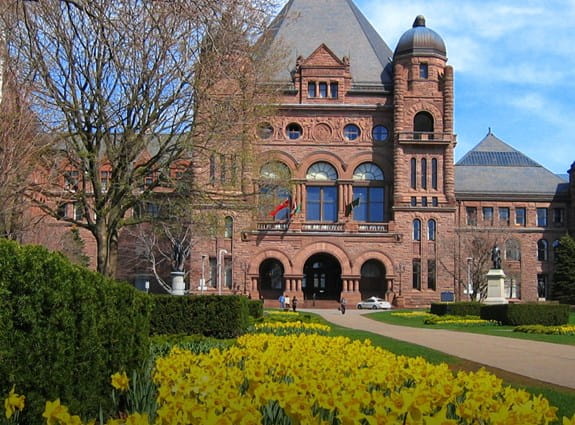
Our cancer care asks for Ontario’s political parties this election
The Canadian Cancer Society (CCS) is the voice of Canadians who care about cancer and advocates for government policies that help prevent and support those who are living with the disease. During this Ontario election, healthcare is a top issue for voters.
CCS is committed to working with elected politicians of all stripes to bring about healthy public policies that will help prevent cancer, as well as improve the lives of people living with cancer and their caregivers. They are our parents and siblings, friends, and neighbours, and some of the most vulnerable in our community right now, particularly as we emerge from the COVID-19 pandemic.
This Ontario election, we are calling on all parties to make cancer care a priority for all those living with cancer, their caregivers, and all healthcare providers.
Here are our top 5 priorities we’re advocating for leading up to the Ontario election on June 2:
Help amplify the voices of people affected by cancer
Changing public policy is one of the most effective tools for preventing cancer and helping those affected by it.
With just $5 from people like you, we can continue to connect government decision-makers with thousands of patients and caregivers to make cancer care better, everywhere in Canada.
If everyone reading this gave just $5, we could achieve our goal this month to fund transformative advocacy, the most promising research, and reliable cancer information and support. Please give today. Thank you.
